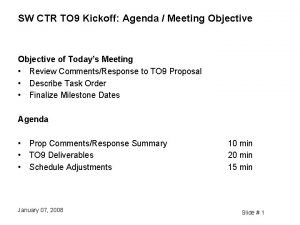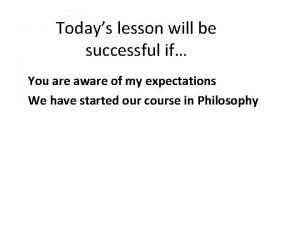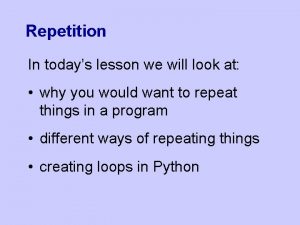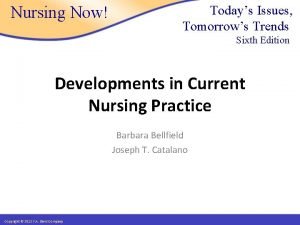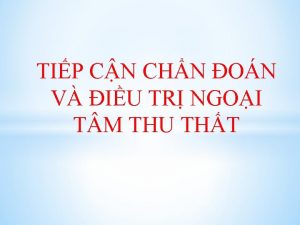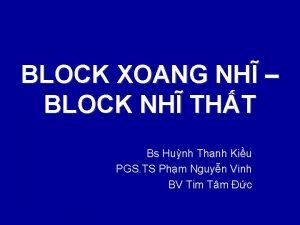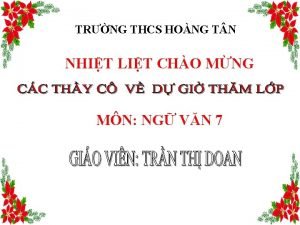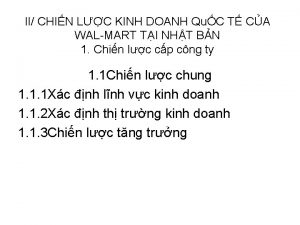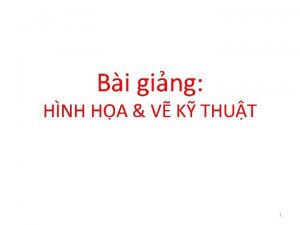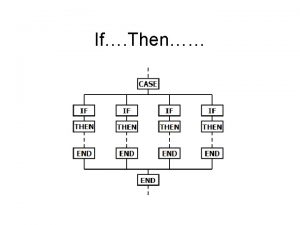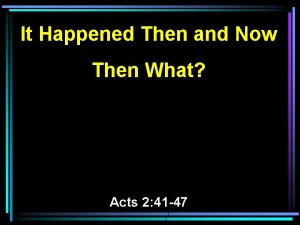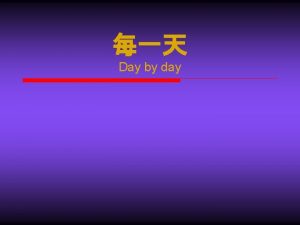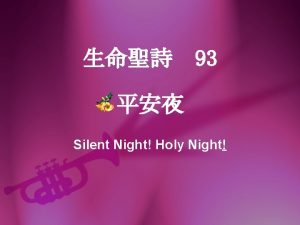now then today that day tonight that night

















- Slides: 17




时间状语、地点状语、指示代词 时 间 状 语 直接引语 间接引语 now then today that day tonight that night this evening that evening yesterday the day before yesterday evening the evening before the day before yesterday two days before /earlier last night the night before tomorrow the next /following day the day after tomorrow in two days' time next week the next /following week ago/last before three days ago three days before /earlier

指示代词 地点状语 方向性动词 直接引语 间接引语 this that these those here there bring take come go


(1) 直接引语是陈述句 Anne said, "I have lost a pen. " → Anne said that she had lost a pen. → She said, "Our bus will arrive in five minutes. " She said that their bus would arrive in five minutes. 直接引语如果是陈述句,间接引语应改为由 that引 导的宾语从句,that 可以省略。

(2) 直接引语是疑问句 I asked him, "Will you stay at home or go to a film tonight? " → I asked him whether he would stay at home or go to a film that night. "You have finished the homework, haven't you? " my mother asked. → My mother asked me whether I had finished the homework. 直接引语如果是反意疑问句,选择疑问句或一般疑问句, 变为间接引语时: ①谓语动词是say或said时,要改为ask或asked. ②原问句变成由 whether 或 if 引导的宾语从句。没有间 接宾语的,可以根据情况加上。

(2) 直接引语是疑问句 She asked me, "When do they have their dinner? " → She asked me when they had their dinner. He asked us, “How many car factories have been built in your country? ” → He asked us how many car factories had been built in our country. 直接引语如果是特殊疑问句,间接引语应该改为由原本的 疑问代词或疑问副词引导的宾语从句( 宾语从句必须用陈 述句语序)。

(3) 直接引语是祈使句 "Don't make any noise, " she said to the children. → She told ( ordered) the children not to make any noise. The hostess said to us, “Please sit down. ” → The hostess asked us to sit down. 直接引语如果是祈使句: ①要将祈使句的动词原形变为带to的不定式 ②在不定式前面根据句子意思加上tell, ask, order等动词, 即“tell/ask/order/beg/. . . somebody ( not) to do something” 否定祈使句在变为间接引语时需要在不定式前加上not。

(3) 直接引语是祈使句 He said, "Let's go to the film. " → He suggested going to the film. 或 He suggested that they should go to see the film. 直接引语如果是以“Let's”开头的祈使句,变为间接引 语时,通常用“suggest + 动名词短语( 或从句)” 。

(4) 直接引语是感叹句 "What a lovely day it is!" they all shouted. → They all shouted what a lovely day it was. → They all shouted how lovely a day it was. → They all shouted that it was a lovely day. 直接引语如果是感叹句,变为间接引语时可用what 或 how 引导,也可用 that 引导。


Exercises 1. He said to me: “Please do it again. ” He asked me to do it again. 2. He said to her: " Don't take the book away, please " He asked her not to take the book away. 3. He said, “Let’s go to the film. ” He suggested going to the film. / He suggested that they (should) go to the film

4. “Why were you late again? ” The teacher said to me. The teacher asked me why I was late again. 5. “Have you been to Paris? ” My classmate asked me whether /if I had been to Paris. 6. “Can you speak English? ” He said. He asked me whether / if I could speak English.

Homework Make a speech among your friends by utilizing what we’ve learned today

Thank You!
 Day 1 day 2 day 3 day 4
Day 1 day 2 day 3 day 4 Day 1 day 2 day 817
Day 1 day 2 day 817 For todays meeting
For todays meeting Do we have class today
Do we have class today Today meeting or today's meeting
Today meeting or today's meeting Characteristic of fingerprint
Characteristic of fingerprint Today's lesson or today lesson
Today's lesson or today lesson Today's lesson or today lesson
Today's lesson or today lesson Nursing now today's issues tomorrow's trends
Nursing now today's issues tomorrow's trends Nursing now today's issues tomorrow's trends
Nursing now today's issues tomorrow's trends Now i see it now you don't
Now i see it now you don't Phân độ lown
Phân độ lown Block nhĩ thất cao độ
Block nhĩ thất cao độ Thơ thất ngôn tứ tuyệt đường luật
Thơ thất ngôn tứ tuyệt đường luật Thơ thất ngôn tứ tuyệt đường luật
Thơ thất ngôn tứ tuyệt đường luật Chiến lược kinh doanh quốc tế của walmart
Chiến lược kinh doanh quốc tế của walmart Tìm độ lớn thật của tam giác abc
Tìm độ lớn thật của tam giác abc Con hãy đưa tay khi thấy người vấp ngã
Con hãy đưa tay khi thấy người vấp ngã




